What do you do when you move away in process of buying a home during a worldwide pandemic, finding yourself in a hotel which you can't leave? Benchmark never quits.
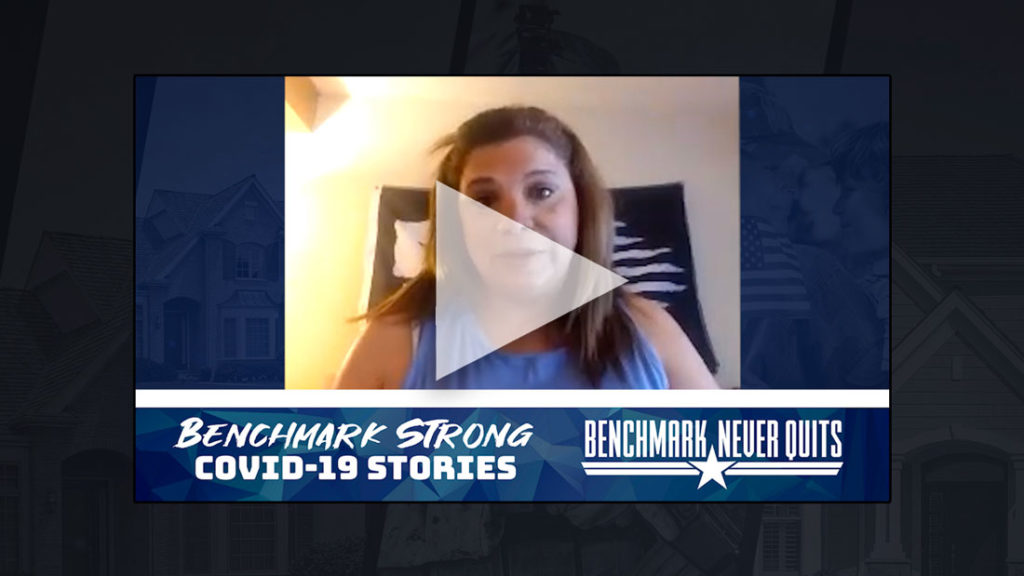

What do you do when you move away in process of buying a home during a worldwide pandemic, finding yourself in a hotel which you can't leave? Benchmark never quits.


We previously talked about Forbearance as an option for anyone negatively impacted because of COVID-19. Forbearance is one of the most common options for those who cannot make their mortgage payments on time. Typically, once a loan is out of the agreed timeframe of forbearance, the borrower is expected to pay a “balloon payment,” or the total of all the payments missed plus the current payment. Fannie Mae and Freddie Mac have released their payment deferral plans to assist homeowners in forbearance.
Freddie Mac states,
COVID-19 Payment Deferral will be available to homeowners with Freddie Mac loans starting July 1, 2020, at which time your servicer will begin evaluating your eligibility. Your servicer will contact you about 30 days before the initial forbearance plan is scheduled to end to determine which Freddie Mac assistance program is best or if additional forbearance is needed.
http://www.freddiemac.com/blog/homeownership/20200514_understanding_payment_deferral.page
Fannie Mae offers three different options for borrowers who have entered forbearance:
- Homeowners who are experiencing a financial hardship caused by COVID-19 may request a forbearance plan through their mortgage servicer (the company listed on their mortgage statement). Homeowners must contact their mortgage company to request assistance. Under a forbearance plan, a homeowner may be able to temporarily reduce or suspend their mortgage payment while they regain their financial footing. Forbearance does not mean a homeowner’s payments are forgiven. Homeowners are still required to eventually fully repay their forbearance, but they won’t have to repay it all at once — unless they choose to do so.
- Homeowners have several options to pay back unpaid amounts accrued during their forbearance period. Mortgage servicers will attempt to contact homeowners 30 days before their forbearance plan is scheduled to end to determine which assistance program is best for them at that time.
- Full repayment: Homeowners have the option of immediately reinstating their loan, which means catching up on all the missed payments in a single payment if they can afford it. If a homeowner chooses to reinstate their loan, they can continue to pay their mortgage under the terms originally agreed to before they received forbearance.
- Short-term repayment plans: Homeowners can gradually catch-up on the past-due amount over an agreed-upon time frame (for example, 3, 6, 9, 12 months). A portion of the past due amounts must be paid in addition to their existing monthly mortgage payments. Upon completion of their repayment plan, they can continue paying their mortgage under the terms originally agreed to before they received forbearance.
- COVID-19 payment deferral: Homeowners can resume their regular monthly payments and the amount of their missed payments moves to the end of the loan term. Note: Mortgage servicers will begin offering the payment deferral repayment option starting July 1, 2020.
- Loan modification: The original terms of the loan are changed in order to make the borrower’s monthly payments more manageable and address their ongoing hardship.
https://www.fanniemae.com/portal/media/corporate-news/2020/covid-payment-deferral-7018.html
Now that there is more explanation regarding ways to enter and come out of forbearance, we still want to caution borrowers to only enter in forbearance if a true economical hardship due to COVID-19 has occurred and you can no longer make your mortgage payments. Mortgage forbearance will go on your credit history, and it is still unclear if a mortgage forbearance will impact a person’s credit score, or by how much if it does.
If you or someone you know would like to discuss your options, contact your local Benchmark branch today.call me or contact me today.contact us today, and let our team take care of you.
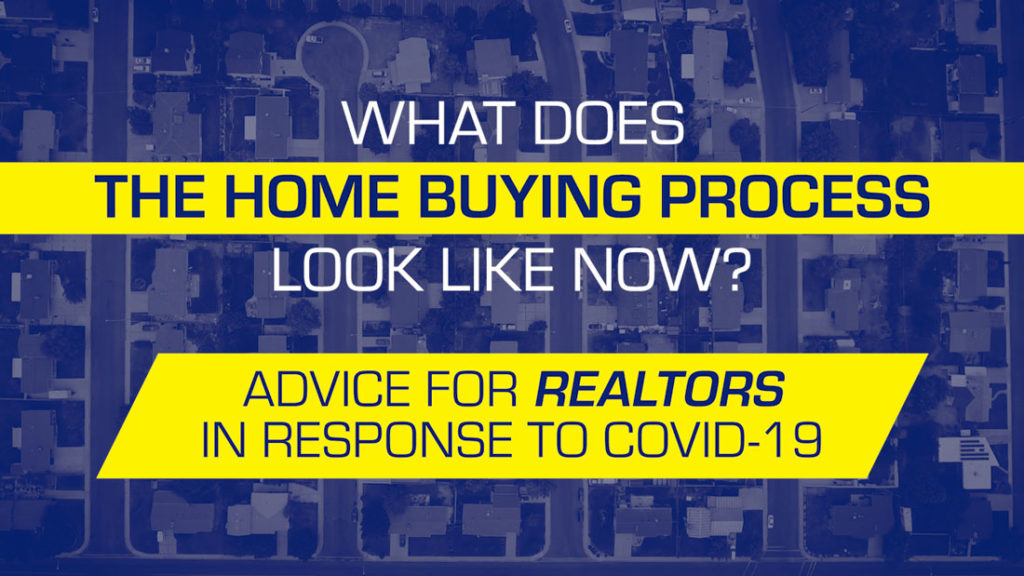
It’s no secret that realtors work hard to create a great home finding process for their clients. For top notch realtors, this has not really changed. Restrictions have been put in place to ensure that visiting homes is done safely, and inline with the CDC’s recommendations. When home sellers have multiple people wanting to look at the house, Realtors will often try to access the house without their clients, providing a walk-through video, as well taking note of things the homebuyer may want to know about. This requires a lot of trust in your realtor partner, and borrowers may need to be ready to potentially purchase a house without actually stepping foot inside of it.

If you are considering listing your house for sale, you have probably considered the fact that people will want to come tour the inside of the house. This is where the realtor you choose can make a big difference. Photographs and 3D digital tours have become popular solutions to boosting your house listing, and allow potential buyers to see enough of the house that they may make an offer, site unseen. Realtors are also seeing that every protective measure is taken to make sure they enter a house with facemasks and sanitization before, and after, viewing a house.
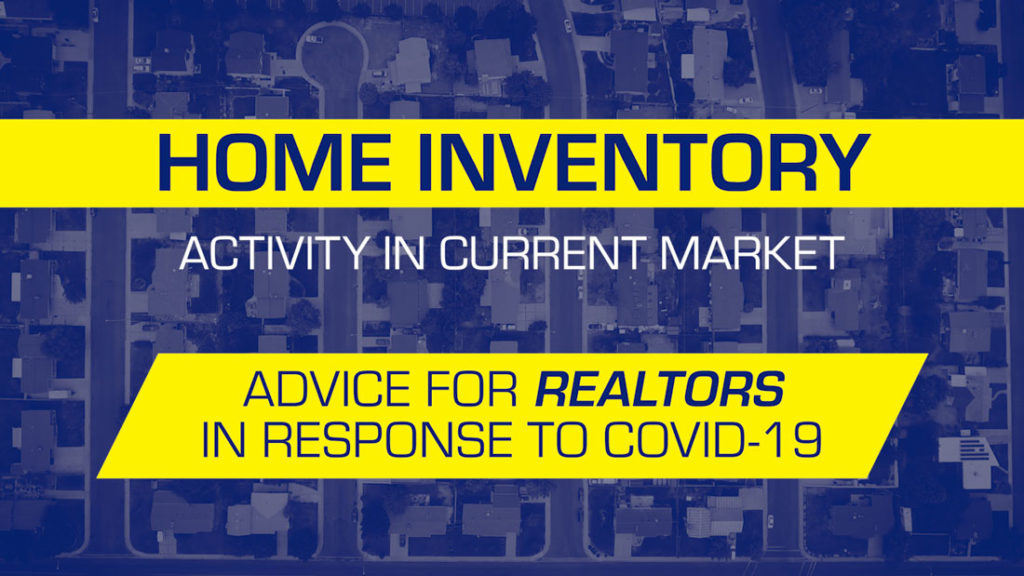
Home inventory helps predict whether it’s a “Seller’s Market” or a “Buyer’s Market.” When there are too many houses for sale, the buyer has the advantage. When there are not enough houses, sellers have the advantage. Home inventory changes based on location, so good advice in one city, may be harmful in another. No matter what inventory level your area is seeing, the important thing to note is that houses are still selling, people are still moving, and you can too! Ask your local Benchmark Loan Officer to connect you with one of their trusted realtor partners to get started today!
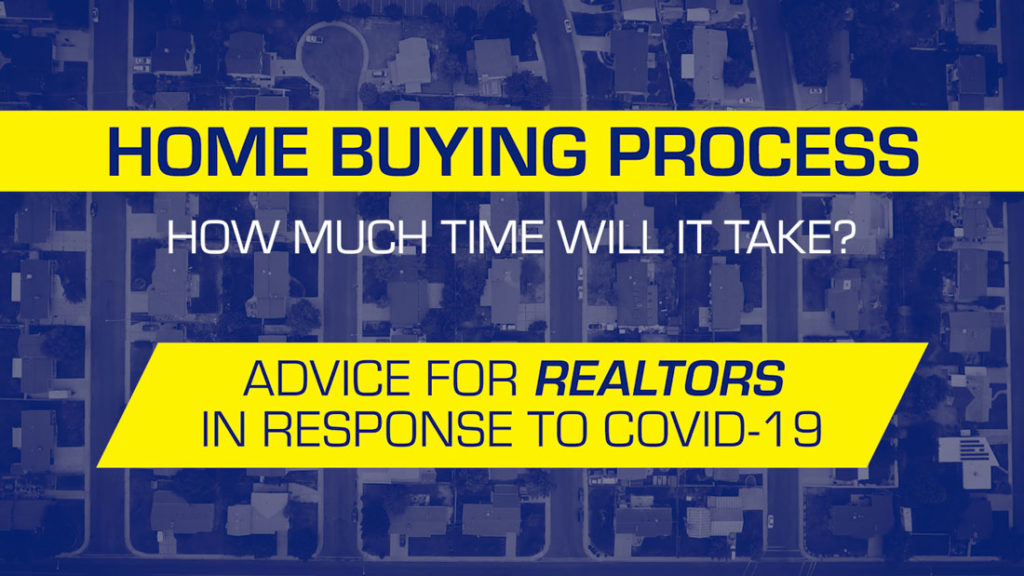
The team you work with matters! The industry has changed a lot, and working with an expert who can navigate the changing guidelines is more important than ever. Lenders today are dealing with constraints that have taxed the entire industry with challenges, including long wait times on appraisals. In some cases, some lenders are just not sending funds to close their loans. Ultimately, how long is the home buying process taking? Overall, transaction times haven’t changed very much. Benchmark has a team dedicated to making sure loans close quickly, efficiently, and on time.

In a mortgage forbearance agreement, the lender agrees not to foreclose on a mortgage, and the borrower agrees to a plan that will result in a temporary adjustment to provide relief, and to pay the balance to be current with the original payment plan.

The Department of Veterans Affairs has made adjustments to the way VA Loan appraisals can be conducted in these uncertain times. In an attempt to both take care of the appraiser and limit the amount of face to face interaction, appraisers are now allowed a “broader use of exterior appraisals.”
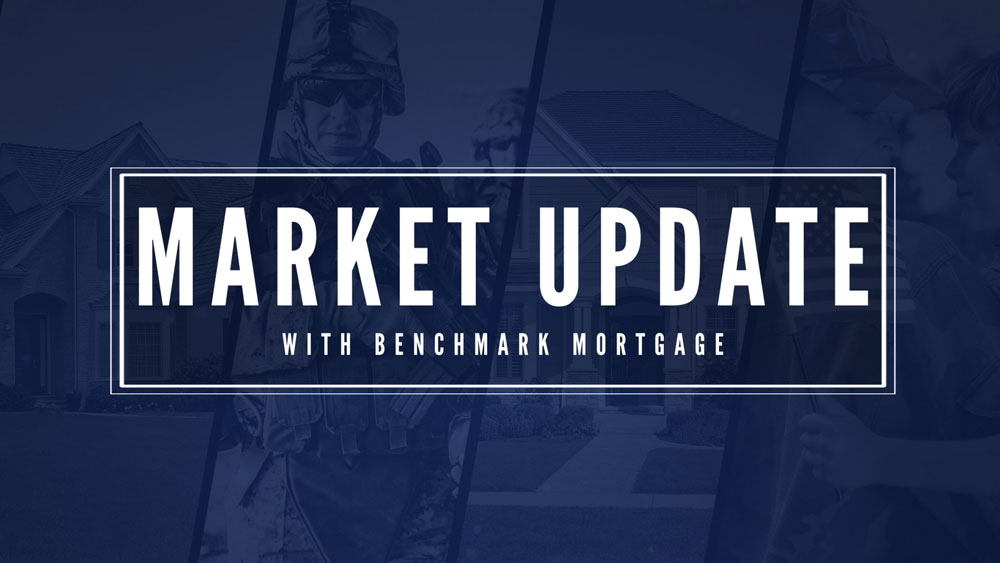
Founding Partner Stewart Hunter delivers a quick market update, including the $2 Trillion bailout package, shelter in place, and Benchmark's own market and operation status.

Your knowledge, leadership, and ability to adapt quickly are all being tested. Master these tips to surge to the top of your client's minds when they go to recommend an expert. Here is Part 1 of our Client First video series: Understanding Market Issues.